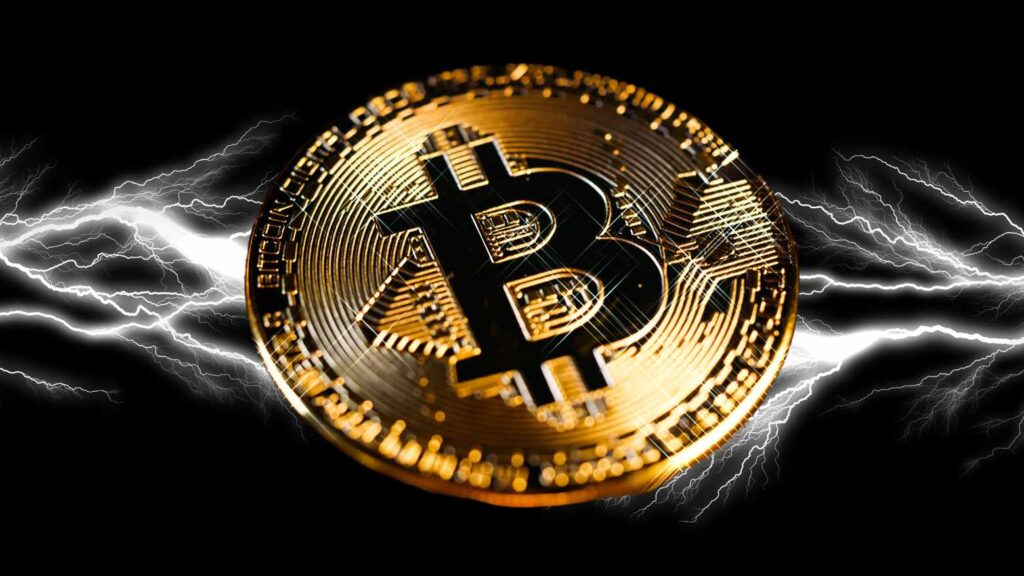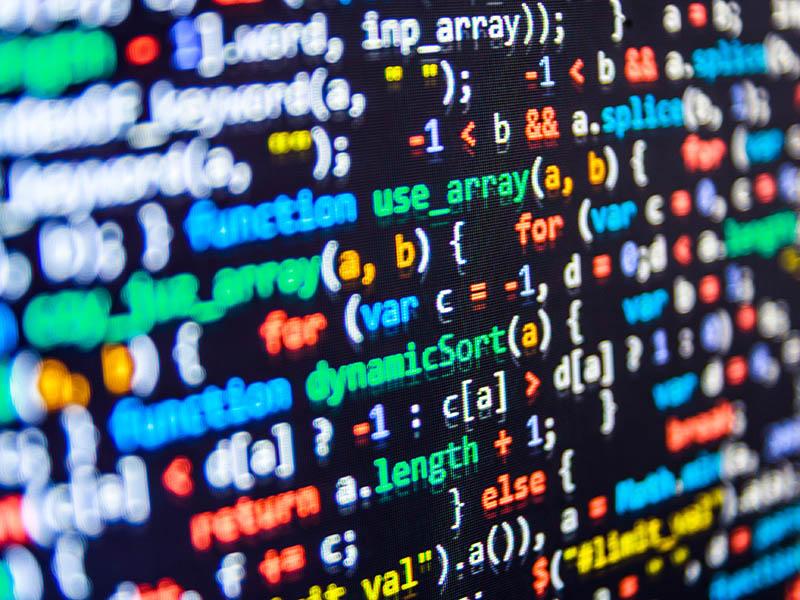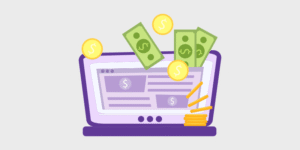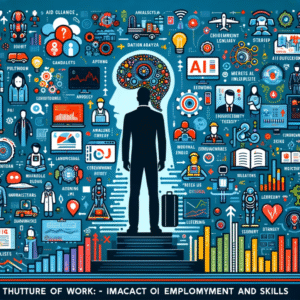
The Battle for Bitcoin: Who Really Controls It?

You know how everyone says Bitcoin is “decentralized” and “no one controls it”? Well, I hate to break it to you, but that’s not exactly true anymore.Don’t panic – Bitcoin isn’t broken. But after watching this space for years, I’ve learned that the reality is way more complicated than the marketing slogans.
It Started Simple, Then Got Messy
Back in 2009, Bitcoin was just Satoshi and a few computer geeks trading digital coins. Anyone could mine Bitcoin on their laptop. Everyone had an equal voice. It was beautiful.Fast forward to today, and Bitcoin is a $600 billion industry. With that much money involved, you better believe powerful people want a piece of the action.
The Mining Monopoly
Let me tell you about Bitcoin mining with a simple story:Imagine Bitcoin mining is like a gold rush. In the beginning, anyone with a shovel could dig for gold. But as time went on, only people with massive excavators could find anything. The small-time prospectors got squeezed out.That’s exactly what happened. Today, five giant mining operations control 70% of Bitcoin’s network. These aren’t kids in their basements anymore – these are warehouse-sized facilities in Texas, Kazakhstan, and other cheap-electricity places.
Why this matters: These mining giants basically decide which transactions get approved and how fast. They also vote on any changes to Bitcoin’s rules. When you control 70% of the mining power, you have 70% of the vote.
Real example: In 2021, China told all Bitcoin miners to shut down. Overnight, Bitcoin’s processing speed dropped by 50%. If Bitcoin was truly decentralized, one country’s decision shouldn’t have mattered that much.
The Code Controllers
Here’s something most people don’t know: Bitcoin’s software is maintained by about 12 people. They’re called Bitcoin Core developers, and they’re incredibly smart. But they’re also incredibly powerful.
Think of it like this: Bitcoin is like a popular app on your phone. Those 12 developers are like the app’s update team. When they say “this new feature is good for Bitcoin,” most people just accept it and install the update.
Real example: A few years ago, Bitcoin was getting really slow and expensive to use. Regular people wanted a simple fix – just increase the number of transactions Bitcoin could handle. But the developers said “no, that’s dangerous.”
The argument got so heated that Bitcoin literally split into two separate cryptocurrencies. The developers kept control of original Bitcoin, while the rebels created Bitcoin Cash. That’s how much power these programmers have.
The Whale Watchers
In Bitcoin, we call big investors “whales” because they can make huge waves in the market. And boy, do we have some big whales now.
Simple example: Imagine if one person owned 10% of all the houses in your city. Every time they bought or sold, it would affect everyone else’s property values. That’s what Bitcoin whales do to the price.
Companies like MicroStrategy own over 100,000 bitcoins. When their CEO Michael Saylor tweets about Bitcoin policy, the price moves. When Tesla announced they bought Bitcoin, the price jumped 20% in one day. When they said they might sell it, the price crashed.
These aren’t just investors – they’re market movers. And market movers have political power in Bitcoin.
The Exchange Empire
Most people buy Bitcoin on exchanges like Coinbase, Binance, or Kraken. These companies are like Bitcoin’s customer service representatives – they’re the face most people see.
Simple analogy: Imagine if 80% of people in America got their news from just three TV stations. Those stations would have enormous power to shape public opinion, right? That’s exchanges in Bitcoin.
When Coinbase supports a new version of Bitcoin, millions of their customers automatically go along with it. Most of these customers don’t even know what they’re agreeing to – they just trust Coinbase to make good decisions.
Real power move: In 2017, some exchanges threatened to delist Bitcoin and only support Bitcoin Cash if the developers didn’t make changes they wanted. That’s like your bank threatening to close your account unless you vote for their preferred politician.
Government: The Uninvited Guest
Bitcoin was designed to work without government permission. But governments crashed the party anyway, and they brought some heavy weapons.
How they do it : Governments can’t stop Bitcoin directly, but they can:
- Ban banks from working with Bitcoin companies
- Arrest people who run Bitcoin businesses
- Tax Bitcoin transactions heavily
- Shut down internet access to Bitcoin websites
Real example : When China banned Bitcoin mining, it didn’t just affect Chinese miners. The entire global Bitcoin network slowed down for months. Mining companies had to pack up billions of dollars of equipment and move to other countries. Some smaller miners just went out of business.
The User Illusion
Bitcoin fans love to say “users control Bitcoin” because anyone can download the software and run a “node” that helps verify transactions. In theory, if most users reject a change, it won’t happen.
But here’s the reality check: Running a Bitcoin node is like volunteering to be a poll worker. It’s important for democracy, but most people don’t want to do it.
Why people don’t run nodes :
- It requires technical knowledge most people don’t have
- It uses expensive internet bandwidth and storage
- It takes time to set up and maintain
- If you mess up, you could lose access to your Bitcoin
So instead of running their own nodes, most people just trust exchanges and wallet companies to do it for them. This gives those companies proxy power over Bitcoin’s future.
The Uncomfortable Math
Let me break down the real power structure:
- 5 mining companies = 70% of network power
- 12 core developers = control over software updates
- Top 100 addresses = own about 15% of all Bitcoin
- Major exchanges = serve 90%+ of retail users
- Governments = can severely disrupt operations
That’s not exactly the “power to the people” system that was promised.
Why This Isn’t All Bad
Before you panic and sell your Bitcoin, remember this: imperfect decentralization is still better than perfect centralization.
The current system:
- No single person can print more Bitcoin
- No government can freeze the entire network
- Multiple competing groups keep each other in check
- The system is transparent – you can see what’s happening
Traditional banking:
- Central banks can print money anytime
- Governments can freeze accounts instantly
- A few executives make decisions affecting billions
- Most operations happen behind closed doors
The Balancing Act
Here’s what keeps Bitcoin stable: all these powerful groups need each other.
- Miners need high Bitcoin prices to stay profitable
- Developers need miners to run their code
- Exchanges need a working network to make money
- Whales need widespread adoption to increase their wealth
- Governments need Bitcoin companies to generate tax revenue
It’s like a Mexican standoff where everyone has a gun pointed at everyone else. Nobody can make a move without risking their own position.
What Happens Next?
Bitcoin will probably get more centralized over time, not less. As it grows bigger and more valuable:
- Only professional mining operations will survive
- Governments will create more regulations
- Institutional investors will own larger percentages
- Technology requirements will increase
But maybe that’s the natural evolution of any successful system. The internet started decentralized too, and now it’s dominated by a few giant companies. Those companies still compete with each other, which keeps the system somewhat balanced.
The Bottom Line
Who controls Bitcoin? It’s a constantly shifting coalition of miners, developers, investors, exchanges, and governments. No single group has complete control, but each has significant influence. Is this what Satoshi wanted? Probably not. Is it better than the traditional financial system? Absolutely. Bitcoin isn’t perfect, but it’s still the best alternative we have to letting banks and governments control all our money. Sometimes “good enough” really is good enough.
The battle for Bitcoin’s soul continues every day. As long as multiple groups keep fighting for control, no single group can win completely. And in that ongoing struggle, there’s still hope for the original vision of peer-to-peer electronic cash.
Just don’t expect it to look exactly like what was promised in 2009. The world has a way of making things more complicated than we planned.
















Post Comment